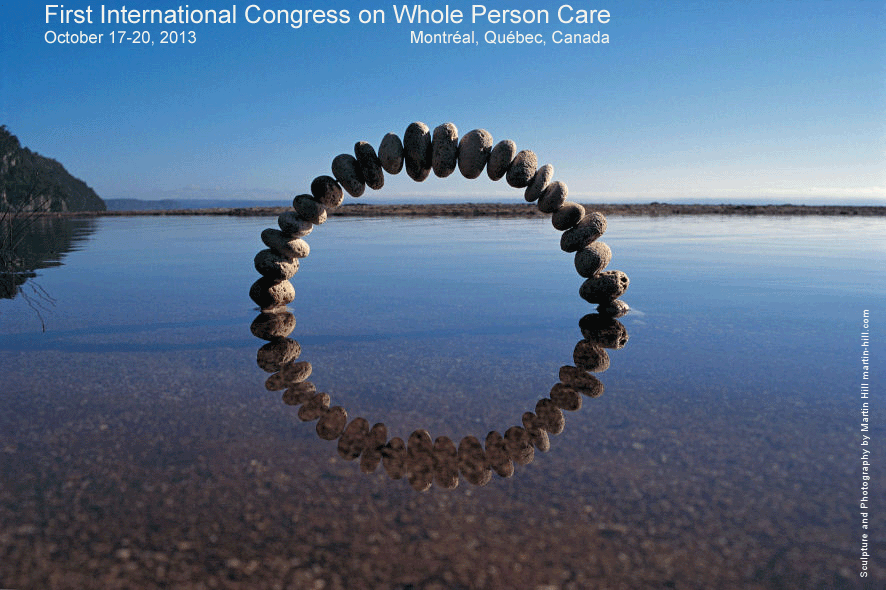Attitudinal Changes of Health Sciences Students Participating in an Interprofessional Education (IPE) Course Enriched with Complementary and Alternative Medicine (CAM) Education and CAM Fair – A Two Year Study
Main Article Content
Abstract
Objectives: Whole person care is ideally provided by a high functioning team, knowledgeable about all the therapies a patient has available to them (conventional or complementary), who coordinates efforts to efficiently meet all of a patient’s health care needs. Therefore, health sciences students at Canadian universities require team skills, and basic knowledge about complementary and alternative medicine (CAM). This project evaluates the attitudinal changes of health sciences students participating in a teaching intervention combining interprofessional education (IPE) and complementary and alternative medicine (CAM) education.
Methods: At our university, “IntD410 Interprofessional Health Team Development” is a mandatory 10-week, 30-hour IPE course for all undergraduate health sciences students including medicine, nursing, pharmacy, physical therapy, and occupational therapy. The CAM-stream was developed by adding: (i) several didactic lectures; (ii) large group learning provided by CAM providers (i.e. Qi Gong, Mindfulness Meditation); (iii) small group work solving discovery-style cases; and (iv) the CAM Fair, providing one-on-one interactions with CAM providers. The CAM-stream was offered in 2012 (N=71) and 2013(N=120). Quantitative data was collected via pre/post validated questionnaires testing student attitudes towards CAM, interprofessional learning, and collaboration. Qualitative feedback was collected via reflective assignments and course evaluations.
Results: Quantitative assessment revealed that the CAM-stream’s CAM beliefs increased, as did their recognition of the need for interprofessional learning. Qualitatively, initial reflections revealed that many students did not know what each other’s professions entailed, and they had misconceptions about CAM. Final reflections revealed the students felt more comfortable evaluating CAM practices, and recognized the value in collaboration. The CAM Fair was cited as the most impactful part of the curriculum.
Conclusions: IPE and CAM education are urgently needed in Canadian universities to overcome biases and misconceptions, to develop team skills, and to provide coordinated whole person care. They are effectively taught concurrently.
Article Details
Authors retain copyright and grant the journal right of first publication with the work simultaneously licensed under a Creative Commons Attribution License that allows others to share the work with an acknowledgement of the work's authorship and initial publication in this journal. Creative Comons 4.0 CC-BY
Authors are able to enter into separate, additional contractual arrangements for the non-exclusive distribution of the journal's published version of the work (e.g., post it to an institutional repository or publish it in a book), with an acknowledgement of its initial publication in this journal.
Authors are permitted and encouraged to post their work online (e.g., in institutional repositories or on their website) prior to and during the submission process, as it can lead to productive exchanges, as well as earlier and greater citation of published work (See The Effect of Open Access).
